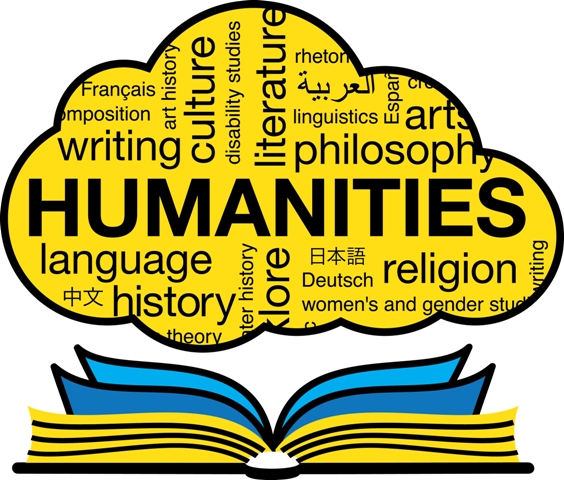 |
| Symbols that are used for Taoism/Daoism and Confucianism. |
Although these two religions are not related to Buddhism they were able to act as support factors in developing it. Both Confucianism and Daoism believed that "restoring humantity's proper harmony within the natural order" is the most important matter although they would differ in the way to achieve it (Bresnan 338).
| Philosopher Confucius |
When Confucius said that human society had gotten out of harmony with the larger natural order it meant people had lost touch with nature.As people are also nature Confucius thought that people should not be in conflict with nature.
He believed that "evil and selfish acts are a corruption of the innate tendency of man's nature to be in harmony with the universal order" therefore the only solution would be a society that is properly led and properly ordered (Bresnan 308).
I would agree with Confucius that people are indeed not one with nature in fact we are actually destroying it, literally. The causation would be because of selfish acts as one does not think for all but only for their own benefit.
In chapter 14 question #3 asks, "How does the Daoist Superior Person differ from the Confucian Superior Man? Do they have anything at all in common? Which one do you find more appealing? Why?"
To be the Daoist Superior Person one must first be in full harmony with Dao which essentially means that of "not forcing" but instead going with the flow (Bresnan 340). Achieving harmony with Dao one's life must then be an embodiment of "wu wei, who cares nothing about fame and fortune " (Bresnan 341).
The person who fulfills both these principles would be that of whom Daoists would consider to be a Superior Person. Differing from the Confucian Superior Man, the Daoist Superior Person is "completely natural and goes with the flow of life without excessively trying to control it" (Bresnan 342).
The Confucian Superior Man would show contradiction as its goal to reach harmony is that of which is not natural. Confucian believed that the new ruling elite would not be based on birth and wealth but instead on demonstrated knowledge and compassion (Bresnan 346). The Daoists believed that people are neither good or evil and so stating that man is "good" it necessarily gives rise to "evil" (Bresnan 346).
Although there are differences both the Daoist Superior Person and the Confucian Superior Man shares the same goal that of which to be one with nature in harmony. I find the Daoist Superior Person more appealing because it emphasizes the awareness that there is always a balance to something. It provides a more open philosophy compared to the Confucian Superior Man.
More about the Daoist Yin-Yang symbol
Works Cited
Bresnan, Patrick. Awakening: An Introduction to the History of Eastern Thought. Routledge, Taylor & Francis Group, 2018.
“Confucianism Symbols and Their Meanings.” Symbol Sage, 16 June 2021, symbolsage.com/confucianism-symbols-meaning/.
The Hidden Meanings of Yin and Yang - John Bellaimey - YouTube. www.youtube.com/watch?v=ezmR9Attpyc.


No comments:
Post a Comment